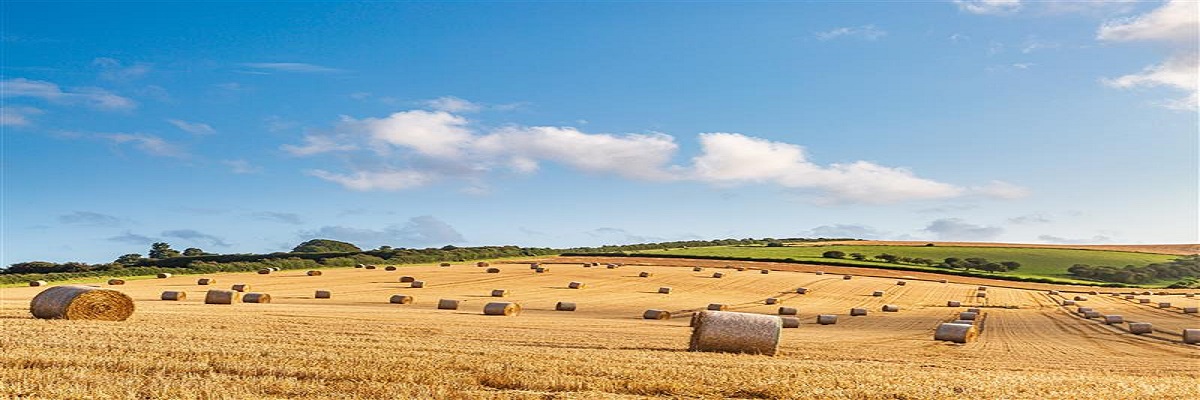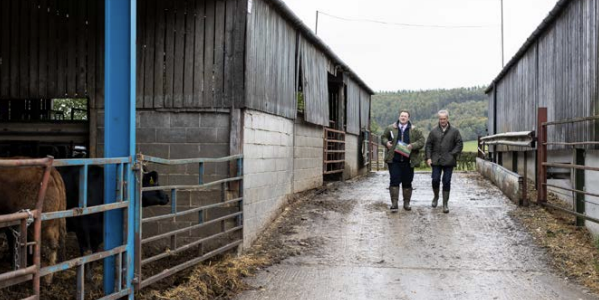Counting down to IHT reform: What farms and estates must do now
The window is narrowing for farms and estate businesses to prepare for the forthcoming inheritance tax (IHT) reforms.
The recent draft Finance Bill confirmed the planned changes to Agricultural Property Relief (APR) and Business Property Relief (BPR), due to take effect from April 2026.
The implications for farming businesses are significant, and while industry bodies continue to lobby for changes, the Government has so far held its position. The draft legislation includes:
- From 6 April 2026, only the first £1m of qualifying property (per individual or trust) will attract 100% APR and/or BPR. Anything above will be eligible for 50% relief, with any chargeable transfers made within seven years of death counting towards the £1m cap.
- The £1m allowance will rise in line with the Consumer Prices Index (CPI), but not before April 2030.
- An option to pay IHT in 10 equal annual, interest-free instalments.
- A limit of one £1m trust relief allowance across property settled into trusts by the same person on or after 30 October 2024.
- BPR on shares traded on recognised but unlisted markets (such as AIM) reduced from 100% to 50%.
- From April 2027, pensions will be included as part of an estate for IHT purposes.
Even taking into account spousal exemptions and nil-rate bands, the Government’s own example – where two individuals with farmland could pass on £3 million without IHT – rests on a narrow set of assumptions. Given the rise in land values over the past decade, the impact of these reforms will be felt by all but the smallest land-based businesses.
With farm profitability already under pressure – our latest analysis suggests half of English farms are operating at economically unsustainable levels – the impact of the additional tax burden will be significant, and in many cases unaffordable without asset sales.
What this means for you
The clock is ticking to implement measures that will help to manage the risks of these new IHT liabilities. Not only is April 2026 approaching fast, but there is also speculation that further IHT changes could be announced in the Autumn Budget, which may include changes to Potentially Exempt Transfers and allowances. Acting early could protect both your assets and your succession plans.
The starting point must be an accurate, comprehensive valuation of your land, machinery, livestock and other assets, to quantify your exposure. Our experience and knowledge here matter, as an inaccurate valuation could lead to costly errors. Our team provides a complete valuation service across all farm assets, delivering the clarity needed to plan effectively.
From there, our Rural team will work alongside your accountant and legal advisors to analyse options and implement strategies, from restructuring businesses and trusts, to making lifetime gifts, taking out life insurance, and accessing reliefs such as the Conditional Exemption Tax Incentive.
To explore your options, please contact Kate Moisson, Head of Rural, or Nick Watson, Head of Private Client.






